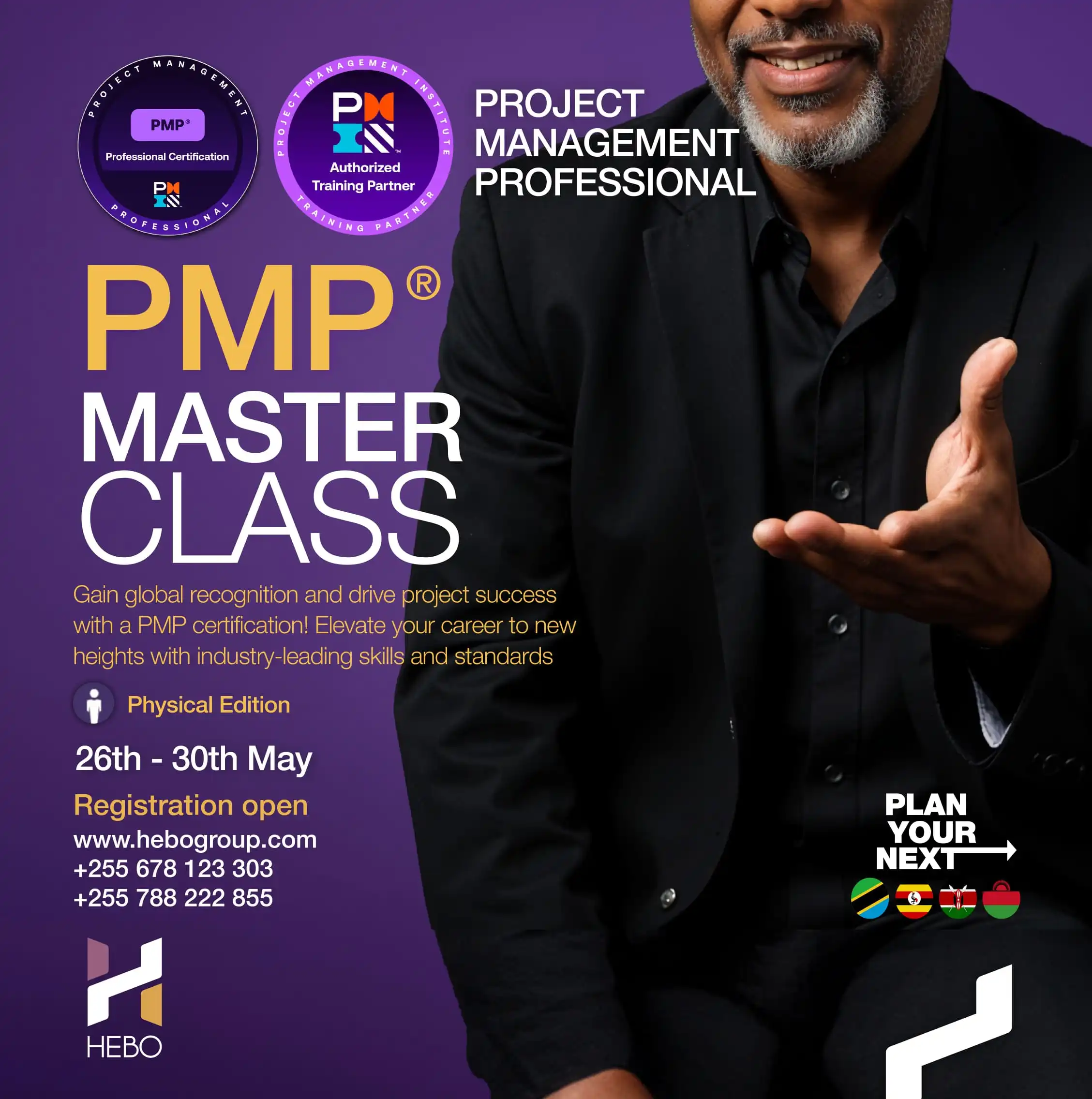According to Investopedia, “Corporate governance is the system of rules, practices, and processes by which a company is directed and controlled. Establishing and implementing these practices involves balancing the interests of a company’s various internal and external stakeholders.” This system inevitably influences projects.
Harvard professors Lynn Paine and Joseph Bower, in their article “Rethinking,” write that, “How corporations are governed has consequences for our economies and our societies and ultimately for all of us as individuals.” These consequences can be either positive or negative.
Effective governance safeguards public and private resources, ensures compliance with regulatory requirements, and maintains transparency, particularly in projects funded by taxpayers or external donors. Governance can sustain a project’s integrity and ensure accountability and value for money – an aspiration every project manager should champion.

The absence of governance can lead to catastrophic outcomes, such as budget overruns, delays, unmet objectives, and failure to meet stakeholder expectations.
At its core, project governance establishes the frameworks and structures that guide timely decision-making, establish accountabilities, support risk management, and allocate resources, to mention some facets. One key element is the Change Control Board (CCB), a group tasked with reviewing, evaluating, and approving changes to the project’s scope, schedule, or budget.
The CCB acts as a gatekeeper, ensuring that proposed changes align with the project’s objectives and do not compromise its integrity. However, care must be taken to ensure that the CCB is not in itself a bottleneck or roadblock to project delivery.
In Malawi, where resources are often stretched, governance becomes even more crucial. By instituting clear processes and accountability measures, project governance can help align actions with objectives, reducing inefficiencies and enhancing trust among stakeholders.
Moreover, effective governance systems can prevent “scope creep,” where changes outside the original scope can derail timelines and budgets. They can also ensure that correct decisions are made by the right people at the right time, bearing in mind that “projects are temporary endeavors.”

Governance is a continuous process that covers the entire project lifecycle from initiation to closure. During initiation, governance ensures the project’s objectives are clearly defined and aligned with organizational goals. It establishes the high-level scope, budget, and key deliverables while fostering accountability and transparency.
Once in the planning phase, governance structures come into play by approving project plans, including risk management, communication, and resource allocation strategies. This phase often involves setting up the CCB and defining protocols for handling changes.
As the project unfolds into execution, governance monitors progress against the baseline. This includes tracking deliverables, managing risks, and ensuring stakeholder engagement. Regular updates to the CCB and executive sponsor ensure that any deviations are promptly addressed.
At the end of the project, governance focuses on validating that objectives have been met and documenting lessons learned. Closure ensures that all contractual obligations are fulfilled and that the project’s outcomes align with the value proposition including stakeholder satisfaction.

While concurring with Paine and Bower that “shareholders, boards, and management should pay more attention to the fundamental economic impact of corporate activities,” projects need special attention because of their unique characteristics and strategic impact.
Project governance is not merely a best practice but a necessity for success. As project managers, embracing governance means committing to processes that safeguard resources and uphold personal and corporate integrity. Adopted holistically, effective governance systems can give organizations a competitive edge and advantage.
About HEBO Consult
HEBO Consult is a leading training and consultancy firm specializing in project management and a variety of other disciplines. With operations in Tanzania, Uganda, and Malawi, HEBO Consult serves a wide range of professionals and organizations, helping them to achieve operational excellence and strategic objectives through expert-led training, consultancy and advisory services.
